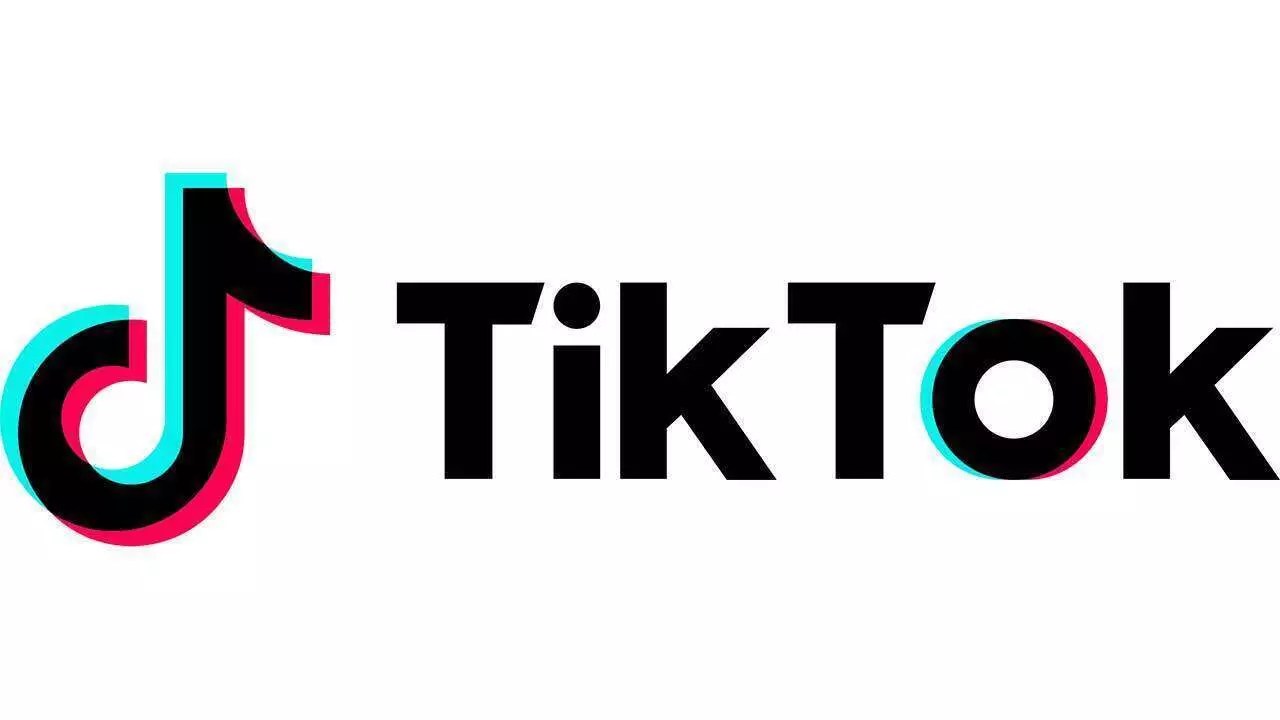Recent developments surrounding the popular social media application TikTok have stirred a significant amount of debate, particularly following the United States Supreme Court’s decision to uphold a proposed ban. The Court ruled that the legislation passed by Congress did not infringe upon the First Amendment’s free speech rights. This ruling allows the anticipated ban to become effective on January 19, although its actual enforcement remains questionable. This decision highlights a complex intersection of technology, law, and national security concerns in modern governance.
The roots of this legislative action stem from bipartisan concerns over data privacy and potential surveillance conducted by the Chinese government through TikTok’s parent company, ByteDance Ltd. The SCOTUS’s ruling emphasized the government’s justification regarding data collection practices and national security implications. This situation reflects a larger narrative of scrutiny facing technology companies with foreign ties, particularly those from nations perceived as geopolitical adversaries. The decision underscores an escalating tension in the U.S.-China relationship, amplifying fears over cybersecurity and data sovereignty.
The timing of the ruling is particularly noteworthy, as it coincides with the transition of presidential power. President Biden signed the law governing the ban, but he has indicated a reluctance to enforce it fully during his last days in office. This begets questions regarding the consistency of policy amid shifting leadership styles; President-elect Donald Trump has expressed intentions to keep TikTok operational in the U.S. Despite the promise, his administration has yet to outline any concrete plan to avoid the ban. This political tug-of-war leaves the ultimate fate of the app in limbo, hinging on the forthcoming administration’s preferences and potential actions.
As TikTok navigates this uncertain landscape, it faces a significant barrier in potential acquisition. Lawyers for ByteDance articulated the complexities inherent in selling the app, particularly regarding the proprietary algorithms that are central to TikTok’s functionality. Chinese legislation complicates matters of intellectual property, which may deter prospective buyers from making an offer. The multiplicity of legal and technical hurdles underscores the contemporary tech climate’s volatility and the difficulty in balancing national and economic interests.
In addition to its political ramifications, the potential shutdown of TikTok could have cascading effects on the social media ecosystem, particularly for its expansive user base engaged in various creative expressions, including gaming culture. TikTok has become a cornerstone for sharing experiences and creative content in a new format, blending entertainment and communication. A ban would void a platform for countless users who rely on it for community engagement, further complicating the discussion about the necessary intersection of safety regulations and freedom of expression.
The Supreme Court’s decision opens a multifaceted discussion about technology regulation, governmental oversight, and individual expression in digital spaces. As the situation unfolds, the implications of this decision will likely ripple through legislative, social, and technological spheres, shaping the future landscape of digital communication.


Leave a Reply